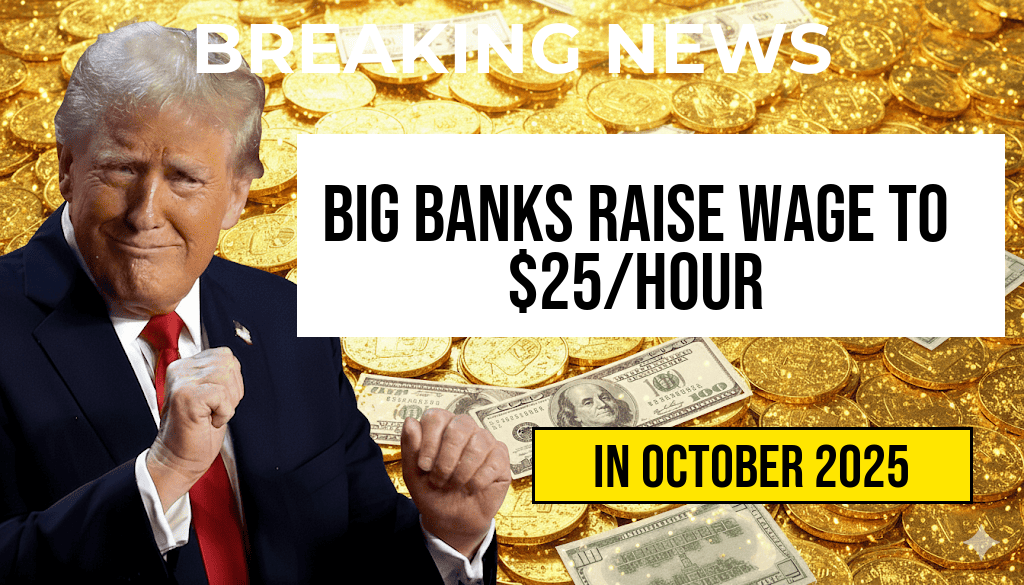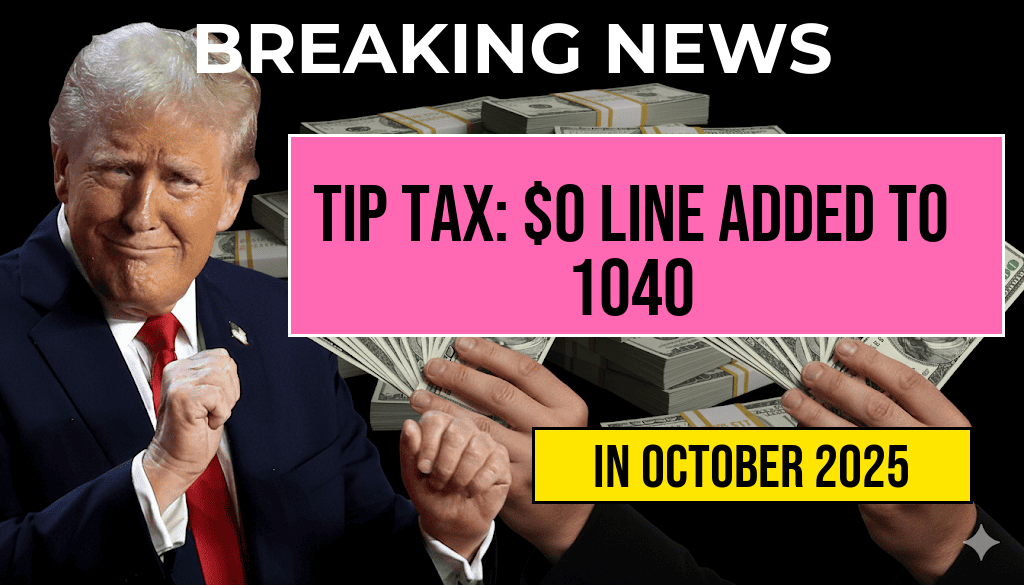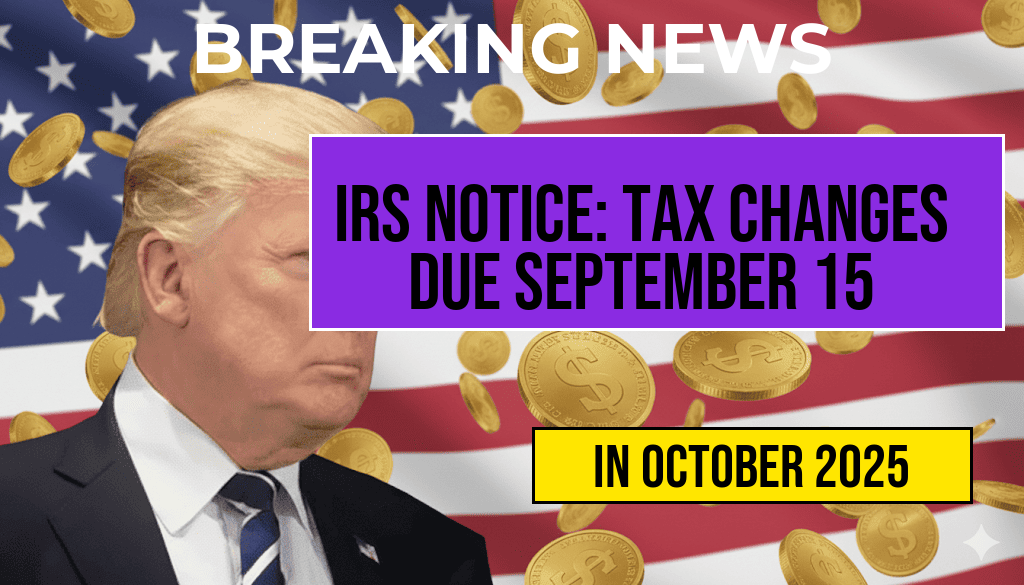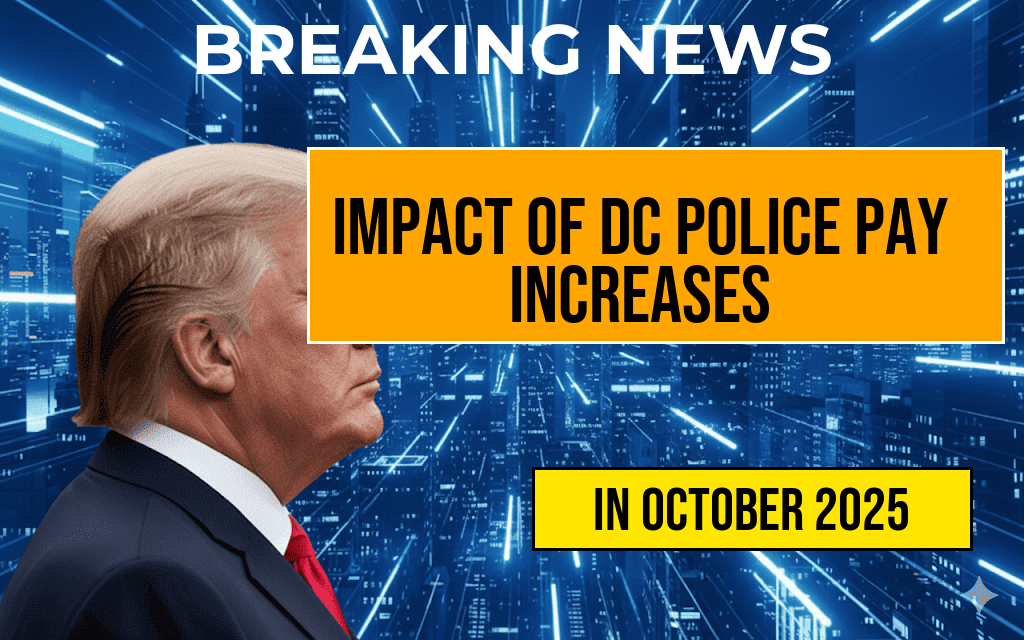In a significant move that is poised to reshape the financial landscape, several major U.S. banks have announced an increase in their minimum wage to $25 per hour. This decision comes as part of a broader effort to attract and retain talent amid a tight labor market. Institutions such as JPMorgan Chase, Bank of America, and Citigroup are leading the charge, setting a new benchmark that is likely to exert pressure on regional banks and smaller financial institutions to follow suit. As competition for skilled workers intensifies, these wage hikes could catalyze a shift in employee expectations across various sectors, pushing more companies to reconsider their pay structures.
The Context Behind the Wage Increase
The banking sector has been grappling with high employee turnover rates, which have prompted these wage adjustments. According to a recent report by the Forbes Human Resources Council, banks are facing significant challenges in attracting qualified employees. With a historically low unemployment rate and a growing demand for talent, the financial giants are taking proactive measures to ensure they can maintain a competitive edge.
Implications for the Industry
The adoption of a $25 minimum wage by these leading banks is expected to have far-reaching implications. Here are some potential effects:
- Increased Competition: Smaller banks and financial institutions may feel compelled to raise their minimum wages to retain and attract talent.
- Employee Morale: The wage increase could lead to higher job satisfaction and lower turnover rates among bank employees.
- Inflationary Pressures: The hike in wages may contribute to broader inflationary trends as companies adjust their pricing structures to accommodate increased labor costs.
Regional Banks Under Pressure
Regional and community banks, which often operate on thinner margins than their larger counterparts, may struggle to match these wage increases. This could lead to a talent drain as employees seek higher-paying opportunities at larger institutions. For example, a study by the Brookings Institution highlighted that many regional banks have historically offered lower wages compared to national banks.
Broader Economic Impact
As the financial sector adjusts to these new wage standards, the ripple effects may extend into the broader economy. The increase in wages could lead to higher disposable income for employees, potentially boosting consumer spending. This is particularly relevant as the economy continues to recover from the impacts of the COVID-19 pandemic. Furthermore, higher wages may prompt discussions around living wages and wage equity in other industries.
Responses from Industry Leaders
Leaders in the banking industry have expressed their commitment to investing in their workforce. Jamie Dimon, CEO of JPMorgan Chase, stated, “We are dedicated to ensuring that our employees are compensated fairly for their hard work. This wage increase is a reflection of that commitment.”
Similarly, Bank of America CEO Brian Moynihan added, “By raising our minimum wage, we are not only supporting our employees but also setting a standard for the industry.”
Looking Ahead
The decision by big banks to increase their minimum wage to $25 per hour may prompt a re-evaluation of compensation practices across various sectors. As competition for skilled labor continues to escalate, it will be interesting to observe how smaller financial institutions and other industries respond to this shift. The potential for a wage increase wave could redefine employment standards and expectations in the coming years.
Conclusion
The move by major U.S. banks to raise their minimum wage highlights a significant shift in the employment landscape. As the labor market tightens, the pressure on competitors to adapt becomes increasingly apparent. Whether this trend will lead to a broader reassessment of wages across industries remains to be seen, but the implications of this policy change are likely to resonate well beyond the banking sector.
Frequently Asked Questions
What is the new minimum wage set by big banks?
Big banks have raised their minimum wage to $25 an hour, aiming to attract and retain talent in a competitive labor market.
Which banks are increasing their minimum wage?
Several major banks, including JPMorgan Chase, Bank of America, and Wells Fargo, have announced plans to increase their minimum wage to $25 an hour.
How does this wage increase affect smaller banks and financial institutions?
The decision of big banks to raise their minimum wage creates additional pressure on smaller banks and financial institutions to match these pay rates to remain competitive in attracting employees.
What are the potential benefits of raising the minimum wage for banks?
Raising the minimum wage can lead to improved employee morale, increased productivity, and lower turnover rates, contributing to a more stable and efficient workforce.
Will consumers see any impact from this wage increase?
While the direct impact on consumers may not be immediately apparent, the wage increase could lead to better customer service and overall banking experiences as banks invest in their workforce.







